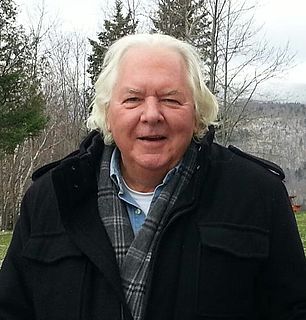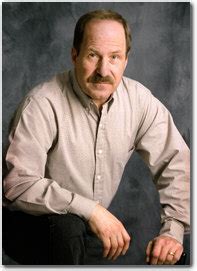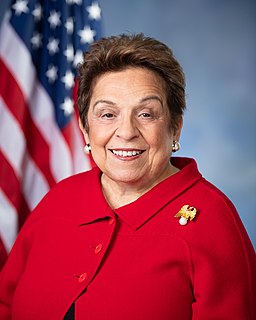A Quote by Robert Moss
The first thing to understand about working with children's dreams is that adults need to listen up.
Related Quotes
Working with children is very different than the way in which I work with adults. I never tell the children the actual truth of the thing that I want them to act. Although children are really into play and play acting, and this is a major part of their existence, they never actually find the playing or acting of adults credible.
We have to understand in order to be of help. We all have pain, but we tend to suppress it, because we don't want it to come up to our living room. the most important thing is that we need to be understood. We need someone to be able to listen to us and to understand us, then we will suffer less, but everyone is suffering, and no one wants to listen. We don't know how to express ourselves so that people can understand. because we suffer so much, the way we express our pain hurts other people, and they don't want to listen.
The new concept of the child as equal and the new integration of children into adult life has helped bring about a gradual but certain erosion of these boundaries that once separated the world of children from the word of adults, boundaries that allowed adults to treat children differently than they treated other adults because they understood that children are different.
I'm always loath to make generalizations about what is for children and what isn't. Certainly children's literature as a genre has some restrictions, so certain things will never pop up in a Snicket book. But I didn't know anything about writing for children when I started - this is the theme of naïveté creeping up on us once more - and I sort of still don't, and I'm happy that adults are reading them as well as children.
Although we like to think of young children's lives as free of troubles, they are in fact filled with disappointment and frustration. Children wish for so much, but can arrange so little of their own lives, which are so often dominated by adults without sympathy for the children's priorities. That is why children have a much greater need for daydreams than adults do. And because their lives have been relatively limited they have a greater need for material from which to form daydreams.







































